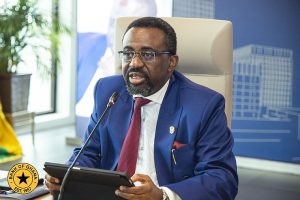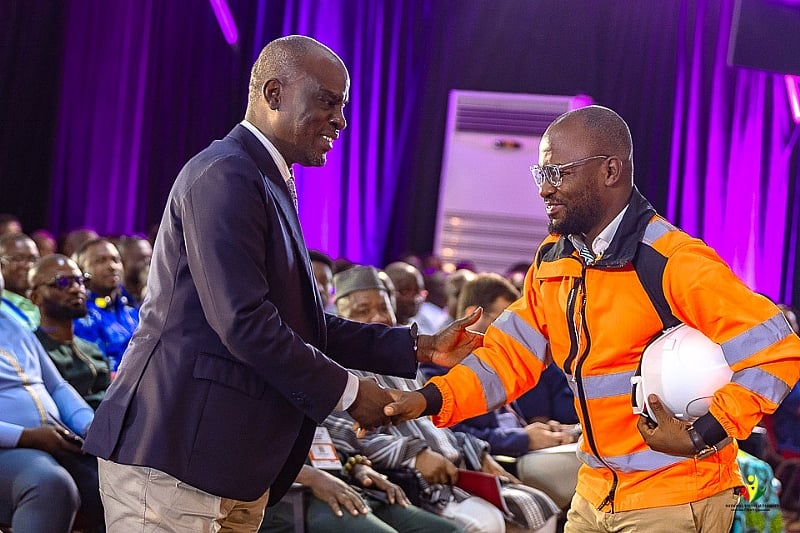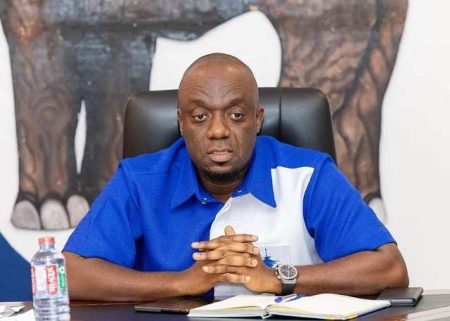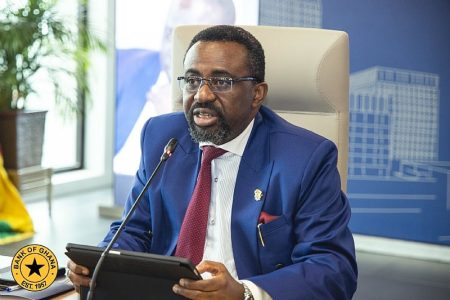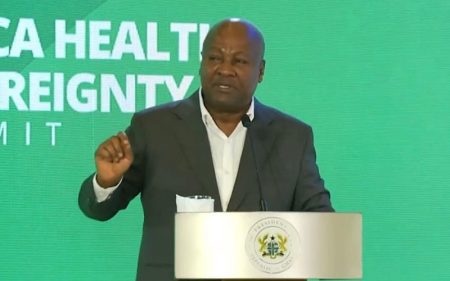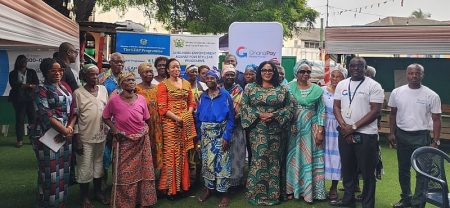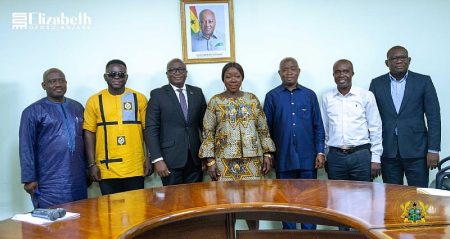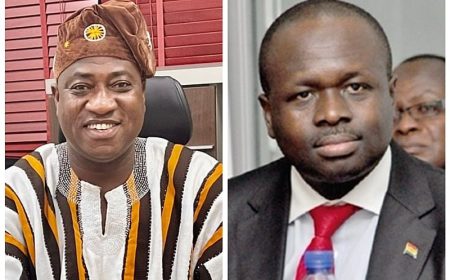The National Youth Authority (NYA) of Ghana, under the leadership of CEO Osman Abdulai Ayariga Esq., has embarked on a mission to empower the nation’s youth through the National Apprenticeship Programme (NAP). This program aims to equip young Ghanaians with the practical skills and entrepreneurial mindset needed to thrive in the evolving landscape of the Fourth Industrial Revolution. Mr. Ayariga emphasized the program’s transformative nature, highlighting its focus not only on imparting technical skills but also on fostering a spirit of innovation and self-reliance among participants. This approach signifies a shift from traditional vocational training models to a more holistic development strategy that prepares young people to become active contributors to the national economy and drivers of technological advancement. The NYA’s commitment to this program underscores the government’s recognition of the urgent need to equip the youth with the tools they need to navigate the complexities of the digital age.
The NAP embodies a recognition that skills development in the 21st century requires more than just technical proficiency. It demands a comprehensive approach that cultivates creativity, problem-solving abilities, and an entrepreneurial mindset. The program’s dual focus on skills training and entrepreneurial development is designed to empower young Ghanaians not just to be employed but to become employers, creating opportunities for themselves and others. This aligns with the broader national agenda of fostering economic growth and reducing unemployment by promoting innovation and entrepreneurship. The NYA believes that by equipping young people with both the hard and soft skills necessary to succeed in the modern economy, the NAP can contribute significantly to national development.
The backdrop for the NAP is the rapidly evolving landscape of the Fourth Industrial Revolution, characterized by advances in artificial intelligence, digital technologies, and automation. Mr. Ayariga underscored the urgency for Ghana to adapt its skills development strategies to meet the demands of this new era. He emphasized the need for young Ghanaians to become not just consumers of technology but creators, innovators, and problem-solvers. This requires a fundamental shift in the education and training landscape, moving away from rote learning and towards a more dynamic, hands-on approach that encourages experimentation, critical thinking, and adaptability. The NYA recognizes that equipping the youth with these future-ready skills is crucial for Ghana to remain competitive in the global economy.
To achieve these ambitious goals, the NYA is forging partnerships with key stakeholders, including educational institutions like GTVET and CTVET, as well as international development agencies. These collaborations are vital for expanding access to technology and innovation resources, ensuring that young people from all backgrounds have the opportunity to participate in the digital revolution. By democratizing access to these resources, the NYA aims to bridge the digital divide and ensure that no young Ghanaian is left behind in the race to acquire the skills of the future. This inclusive approach is fundamental to fostering equitable economic growth and ensuring that all Ghanaians can benefit from the opportunities presented by technological advancements.
The NYA’s commitment to youth empowerment extends beyond skills training to include fostering a sense of agency and ownership among young people. Mr. Ayariga’s message to the youth, emphasizing their role as the “present” rather than simply the “future,” underscores this empowering ethos. By recognizing young people as active participants in shaping the nation’s destiny, the NYA seeks to inspire a generation of engaged citizens who are equipped to tackle the challenges and seize the opportunities that lie ahead. This approach recognizes that the youth are not just beneficiaries of development efforts but also key drivers of progress and innovation.
The World Youth Skills Day Dialogue served as a platform for reaffirming the collective responsibility of all stakeholders – government, private sector, academia, development partners, and the youth themselves – to invest in youth development. The event concluded with a renewed commitment to scale up inclusive, digitally empowered, and entrepreneurially focused programs like the NAP. This unified approach is critical to ensuring that the nation’s youth are equipped to contribute meaningfully to Ghana’s future. The emphasis on collaboration and resource pooling highlights the understanding that effective youth development requires a concerted effort from all sectors of society. The shared vision is to create a dynamic and thriving ecosystem where young people are empowered to reach their full potential and drive national progress.




